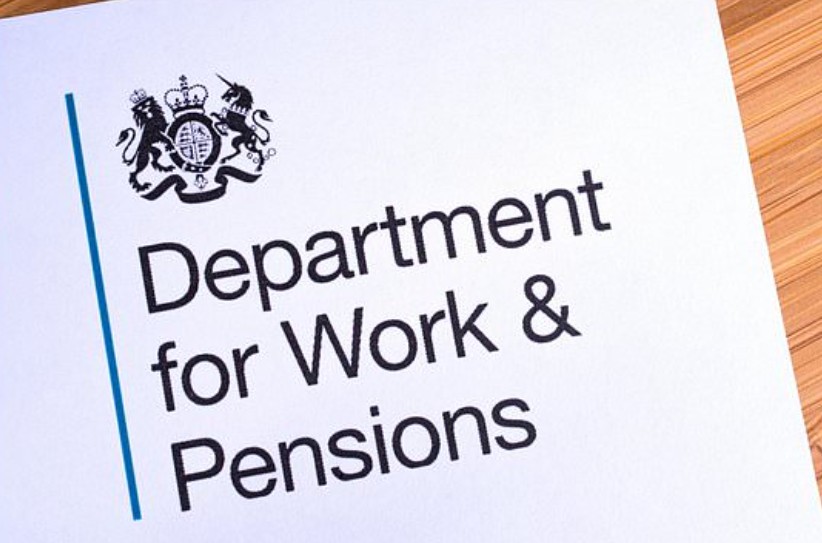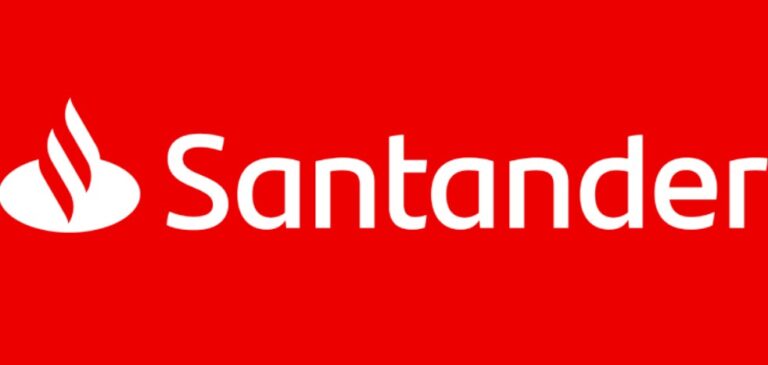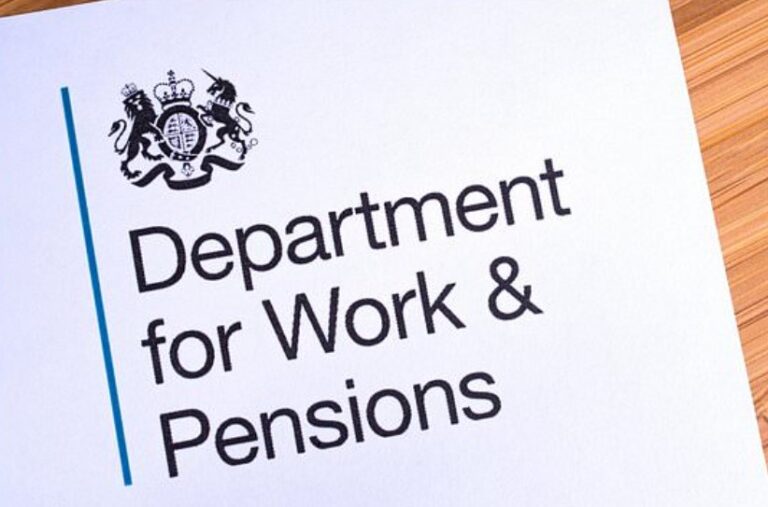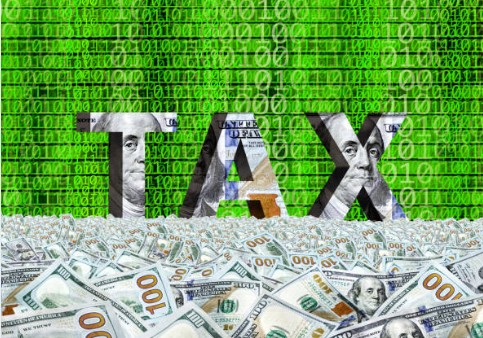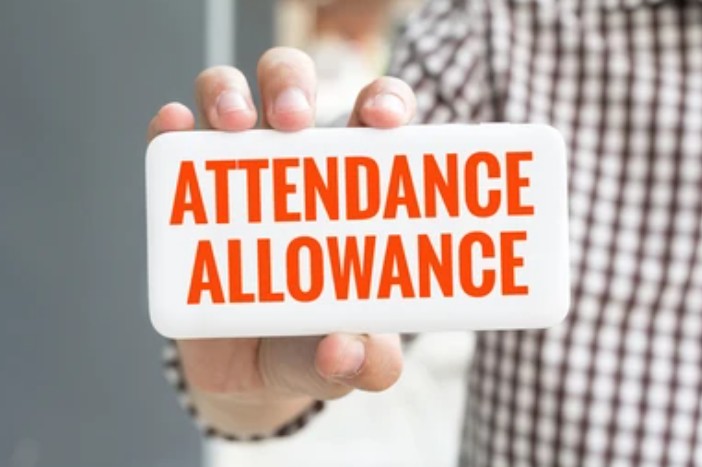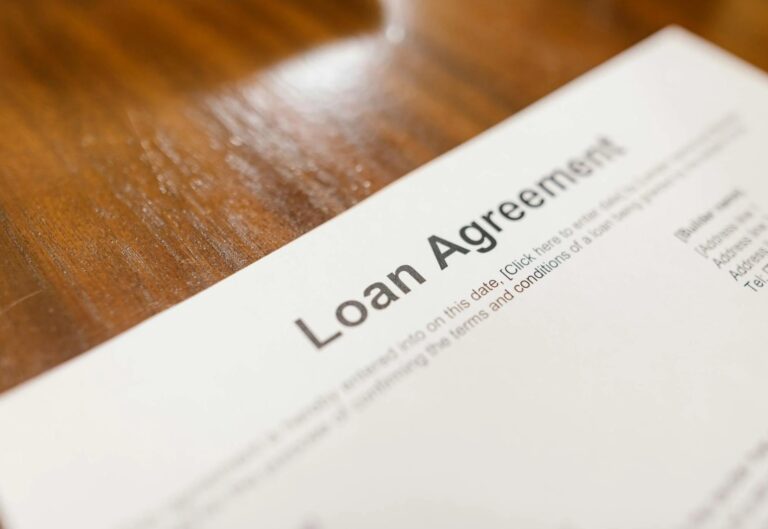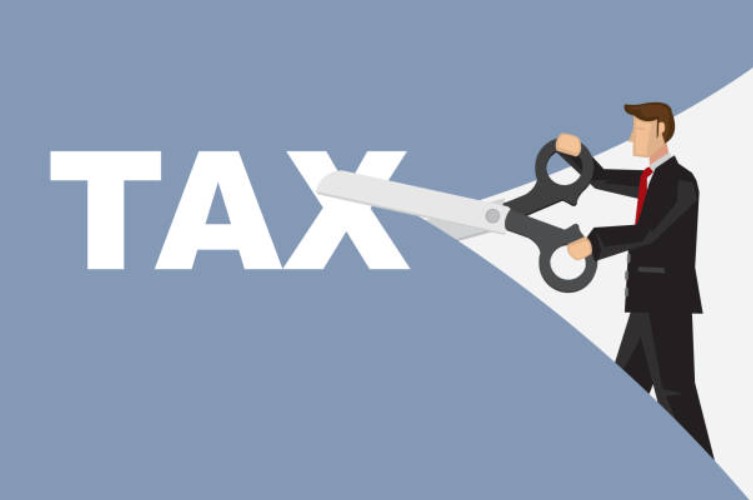DWP £299 Cost of Living Payment: Complete Guide
The DWP £299 Cost of Living Payment was introduced to offer much-needed financial assistance to families who are finding it difficult to manage increased living expenses.
As energy bills, everyday expenditure, and inflation persist, the payment was supposed to provide relief to poor families, pensioners, and people receiving certain government benefits.
What is the DWP £299 Cost of Living Payment?
The DWP £299 Cost of Living Payment assists qualifying UK citizens in managing rising bills, power charges, and everyday expenses, providing family budgets with a welcome injection.
The £299 payment was put in place to assist families in mitigating rising energy bills, the price of food, and other charges. With inflation impacting everyday spending, the government sought to be a pressure absorber for families and households living on tight budgets.
This payment was aimed primarily at low-income families, pensioners, and benefit claimants. It particularly assisted families with several bills or single-parent families struggling to make ends meet.
For most recipients, the £299 payment went into paying bills like heating, electricity, food, and transport, which helped to ease the pain of tight money months.
When was the £299 Payment Released?
The £299 was received on 6 – 22 February 2024, which was duly paid to deserving claimants and credited as a DWP or HMRC payment.
For the majority, the funds were seen going into the bank accounts within this window, as a welcome relief as it funded the expense of day-to-day essentials or surprise bills.
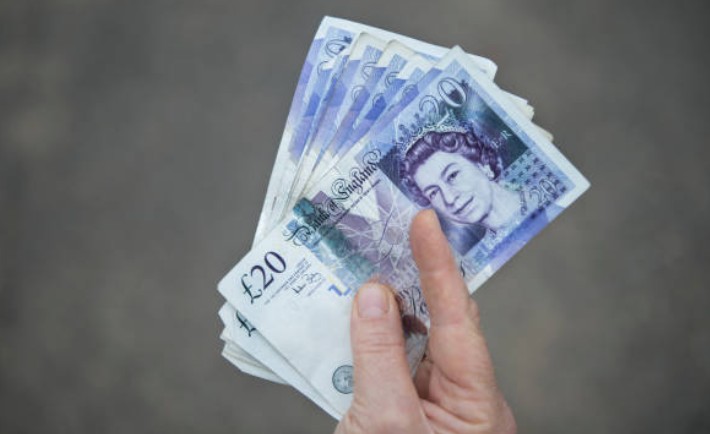
Some recipients were notified of the payment, while some caught wind of it when they reviewed their statements.
It was among the government’s constant initiatives to assist families, and the majority thought it was an added welcome relief, particularly for people with bills, rent, or standard cost of living.
Releasing the payment at the beginning of the year enabled families to cope with holiday bills, increased energy bills, and other winter bills.
The payment didn’t need to be applied for. For convenience’s sake, the government utilized available records of benefits to determine recipients entitled to its payout to make it speedy and hassle-free to transfer.
Why was the £299 Cost of Living Payment Announced?
The £299 payment was introduced to ease financial burdens on low-income families that experience higher living expenses such as energy and food. It aimed at low-income families, pensioners, and disabled people to free them from distress in time.
It was the third and last of a set of cost-of-living support payments, following earlier payments in spring 2023 of £301 and autumn 2023 of £300.
The two payments were part of an extensive government strategy to mitigate pressures on living costs during the cost-of-living crisis.
Automatic Payment System
£299 payment is automatic for those on qualifying benefits, paid into bank accounts to reduce pressures on living costs. Automatic payment is secure and safe, with simple billing, recurring payments, and easy online subscription management.
Eligibility Verification
Automatic Payment System cross-checks recipients’ benefit records automatically. It covered only such recipients who were receiving qualifying benefits from 13 November to 12 December 2023.
This automatic check avoids the risk of error and makes sure only that the deserving people get the assistance for which they are eligible.
Method of Payment Delivery
Money was transferred directly into recipients’ benefits’ bank accounts. Payments usually show on statements as “DWP COL” or “HMRC COLS” for easy visibility.
Direct deposits eliminate paper checks or manual processing, thus saving time and enabling recipients to have timely access to money.
Benefits of Automation
The automated process implies that the recipients will no longer be asked to fill in forms, evading the delay and minimizing errors.
Besides, automation provides instant access to support so that recipients can simply cope with living expenses. The system is made to make life easier, safe, and hassle-free.
Who is entitled to the £299 Payment?
Individuals receiving benefits like Universal Credit, Pension Credit, Jobseeker’s Allowance, or Tax Credits within the qualifying period were included.
Benefits Covered under the £299 Payment:
- Universal Credit
- Pension Credit
- Jobseeker’s Allowance (Income-based)
- Employment and Support Allowance (Income-related)
- Income Support
- Child Tax Credit
- Working Tax Credit
Eligibility Period
Applicants must have been in receipt of one of these benefits on a date between 13 November and 12 December 2023.
Special Considerations
Those in receipt of more than one benefit were only allowed a single payment of £299, to avoid unfairness while covering the full extent of the main low-income groups.
A lump sum payment was intended to provide additional assistance in covering essential costs, allowing families to pay bills, meet daily living expenses, and address unexpected financial pressures.
Method of Payment
The £299 payment can be made securely by bank transfer, electronic wallet, or in cash for a safe, timely, and traceable delivery.
For the majority, payment was paid directly into their bank accounts, transparently appearing as “DWP COL” or “HMRC COLS” on statements, to help ease tracking and verification.
Beneficiaries, too could make the payment by means of the most convenient payment. All payment avenues were made safe, quick, and fully traceable, so that individuals knew that their funds would be secure.
Steps to Repair Payment Issue
Individuals need to make sure that they are entitled to the qualifying benefits and refer to DWP or HMRC for help if the £299 payment has not been received.
Banking errors, account closures, or administrative delays might all result in nonpayment. Issues can be settled by recipients if a step is taken in good time.
Key Reminders:
- Ensure your bank details are accurate.
- Ensure you were in receipt of a qualifying benefit during the qualifying period.
- Inform DWP or HMRC of missing payment.
Other Strategies and Ongoing Support
Additional support is the Household Support Fund, Warm Home Discount, Cold Weather Payments, Pension Credit, and charitable grants to low-income families.
Household Support Fund (HSF)
Single one-off grants from local councils to assist with bill essentials, rent, or food for low-income families and those with unexpected bills.
- Average assistance: £100–£300
- Includes: Arrears on rent, fuel bills, food, and occasionally childcare
Warm Home Discount
Those qualifying homes get discounts on their electric bills to cut winter fuel bills.
- Average saving: £140–£150 per year
- Who is entitled: Pensioners, low-income families, and some benefit recipients
Short-term cash assistance in severe cold weather.
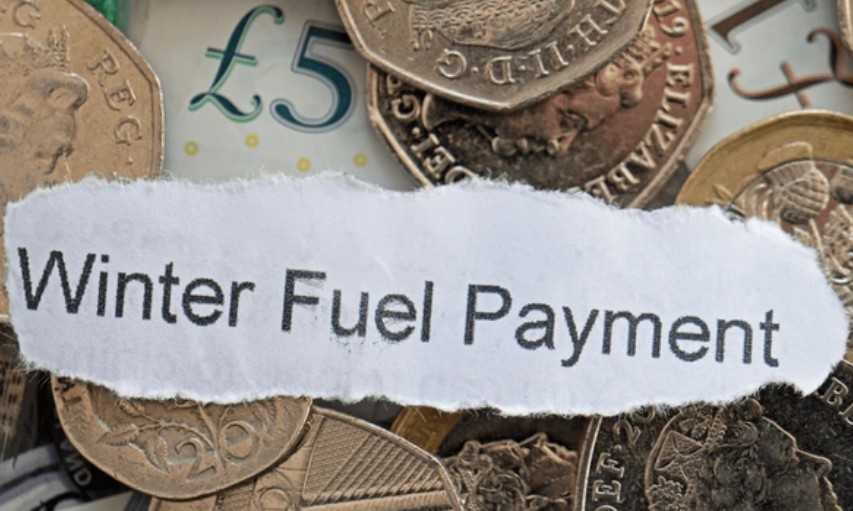
- Amount: £25 per week if it is 0°C or below for seven consecutive days
- Who is entitled: Benefit claimants such as Pension Credit or Universal Credit recipients
Pension Credit
Additional money for state pensioners for day-to-day living.
- Typical value: £200–£300 a month
- Benefits: Supplements low income and makes scheme eligibility, including Warm Home Discount
Charitable Grants
Charities provide one-off payments to families in urgent financial difficulties.
- Average grants: £50–£500
- Pays for: Emergency bills, appliances, school expenses, and temporary living costs
The DWP £299 cost-of-living payment was a one-off benefit to low-income families, pensioners, and benefit claimants, including heating bills and food.
Those who are missing out can check eligibility and contact DWP or HMRC. Support is still given by schemes such as the Household Support Fund, Warm Home Discount, and Pension Credit, which ease cost-of-living hardship.
FAQs
What was the DWP £299 cost of living payment?
One-off tax-free payment to low-income households to help cover energy, food, and other essentials.
Who was entitled to the £299 payment?
Individuals receiving Universal Credit, Pension Credit, JSA, ESA, Income Support, Child Tax Credit, or Working Tax Credit.
When was the payment?
Payment was made between February 6 and 22, 2024, into the beneficiaries’ bank accounts.
How was it sent?
Straight into existing benefit accounts, under the description “DWP COL” or “HMRC COLS” on statements.
What if I did not receive the payment?
Verify entitlement and bank details, and ring DWP or HMRC to make up for missing payments.
Is there continuous financial help?
Yes, available options are Household Support Fund, Warm Home Discount, Cold Weather Payments, Pension Credit, and grant charitable.

